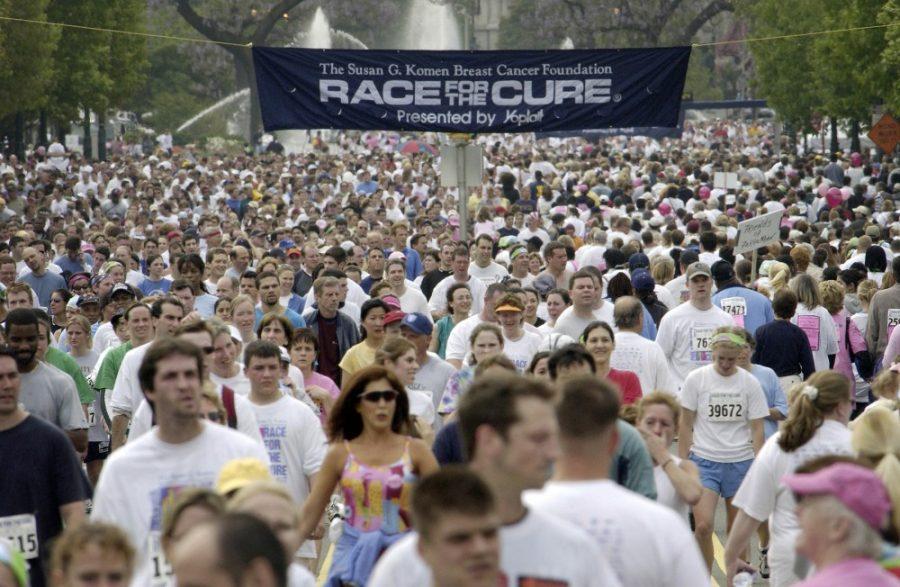Although low levels of alcohol were shown to increase the risk of breast of cancer in a Harvard study released last year, it is among many risk factors that women should consider.
The study, released in November and published in the Journal of the American Medical Association, took a sample size of more than 100,000 women in the Nurses’ Health Study and followed up over a 28-year period. Results showed that drinking three to six drinks per week could increase a woman’s risk of getting breast cancer by 15 percent.
According to the study, “low levels of alcohol consumption were associated with a small increase in breast cancer risk, with the most consistent measure being cumulative alcohol intake throughout adult life.”
Despite the study’s findings, some believe it is important to remember the study’s limitations.
“One of the things that’s important to keep in mind is the issue of self-reported data and how accurate it is for alcohol,” said Cynthia Thomson, a professor of public health. “With alcohol you have the issue of desirability, so a woman is less likely to report high alcohol consumption.”
Thomson, who has worked with breast cancer survivors for 20 years, works with dietary interventions for cancer prevention. Although alcohol is a risk factor, it is not the only one that should be considered, she said.
“What I would say is that people that are having a glass of wine on Friday night with their meal should not feel that’s a habit they have to change,” Thomson said. “But what they should do is think about what are all the things they could do to reduce the risk of breast cancer.”
Lowering one’s alcohol consumption could be an approach to decrease the risk of getting breast cancer, but there’s some evidence that a low fat diet helps, she said. Consistent physical activity could make a difference in lowering the risk factor in addition to maintaining a healthy body weight, Thomson said.
Susan B. Komen for the Cure, an organization that works to fund breast cancer research, provides a list on its website of lifestyle risks and how they affect breast cancer risks. The list includes alcohol intake as well as things like weight gain and diet.
Although alcohol is a studied risk factor, some students do not think it would change their drinking habits.
“I guess all statistics can go one way or the other. But I wouldn’t rely too much on it,” said Analisa Valencia, a political science senior. “This wouldn’t lead me to drink any less.”









